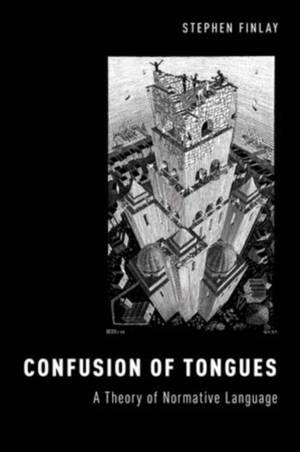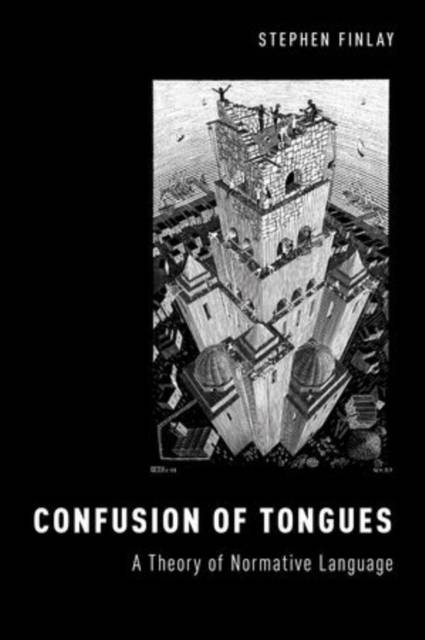
Bedankt voor het vertrouwen het afgelopen jaar! Om jou te bedanken bieden we GRATIS verzending (in België) aan op alles gedurende de hele maand januari.
- Afhalen na 1 uur in een winkel met voorraad
- In januari gratis thuislevering in België
- Ruim aanbod met 7 miljoen producten
Bedankt voor het vertrouwen het afgelopen jaar! Om jou te bedanken bieden we GRATIS verzending (in België) aan op alles gedurende de hele maand januari.
- Afhalen na 1 uur in een winkel met voorraad
- In januari gratis thuislevering in België
- Ruim aanbod met 7 miljoen producten
Zoeken
Omschrijving
Can normative words like "good," "ought," and "reason" be defined in entirely non-normative terms? Confusion of Tongues argues that they can, advancing a new End-Relational theory of the meaning of this language as providing the best explanation of the many different ways it is ordinarily used. Philosophers widely maintain that analyzing normative language as describing facts about relations cannot account for special features of particularly moral and deliberative uses of normative language, but Stephen Finlay argues that the End-Relational theory systematically explains these on the basis of a single fundamental principle of conversational pragmatics. These challenges comprise the central problems of metaethics, including the connection between normative judgment and motivation, the categorical character of morality, the nature of intrinsic value, and the possibility of normative disagreement. Finlay's linguistic analysis has deep implications for the metaphysics, epistemology, and psychology of morality, as well as for the nature and possibility of normative ethical theory. Most significantly it supplies a nuanced answer to the ancient Euthyphro Question of whether we desire things because we judge them good, or vice versa. Normative speech and thought may ultimately be just a manifestation of our nature as intelligent animals motivated by contingent desires for various conflicting ends.
Specificaties
Betrokkenen
- Auteur(s):
- Uitgeverij:
Inhoud
- Aantal bladzijden:
- 288
- Taal:
- Engels
- Reeks:
Eigenschappen
- Productcode (EAN):
- 9780199347490
- Verschijningsdatum:
- 8/05/2014
- Uitvoering:
- Hardcover
- Formaat:
- Genaaid
- Afmetingen:
- 163 mm x 236 mm
- Gewicht:
- 498 g

Alleen bij Standaard Boekhandel
+ 418 punten op je klantenkaart van Standaard Boekhandel
Beoordelingen
We publiceren alleen reviews die voldoen aan de voorwaarden voor reviews. Bekijk onze voorwaarden voor reviews.









